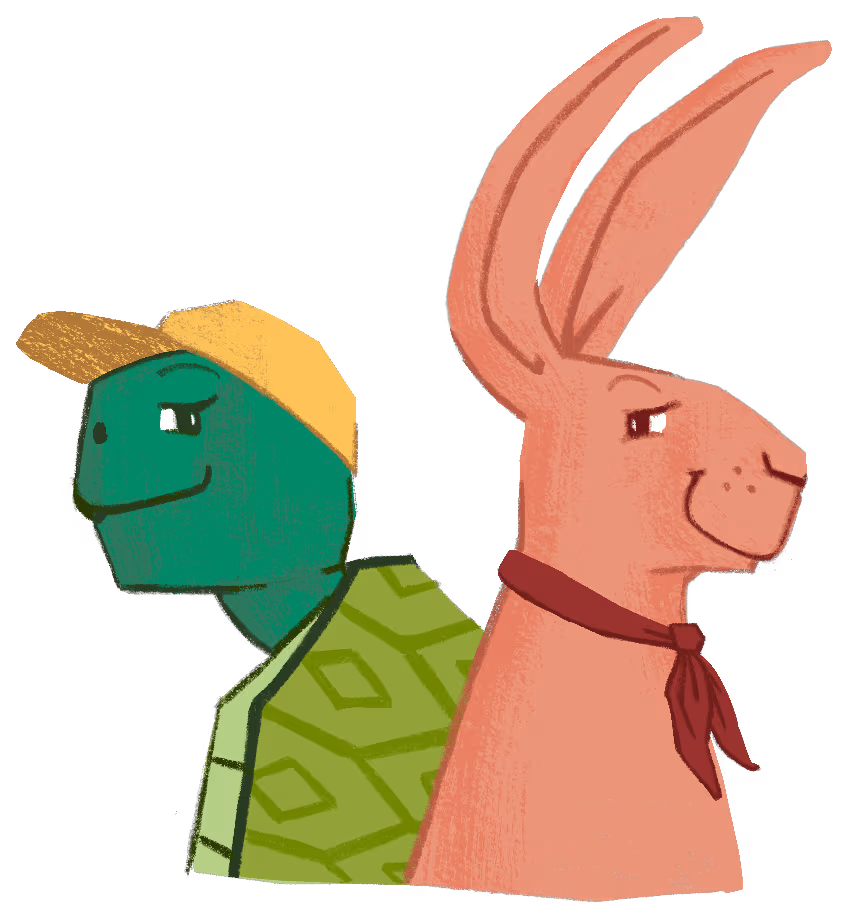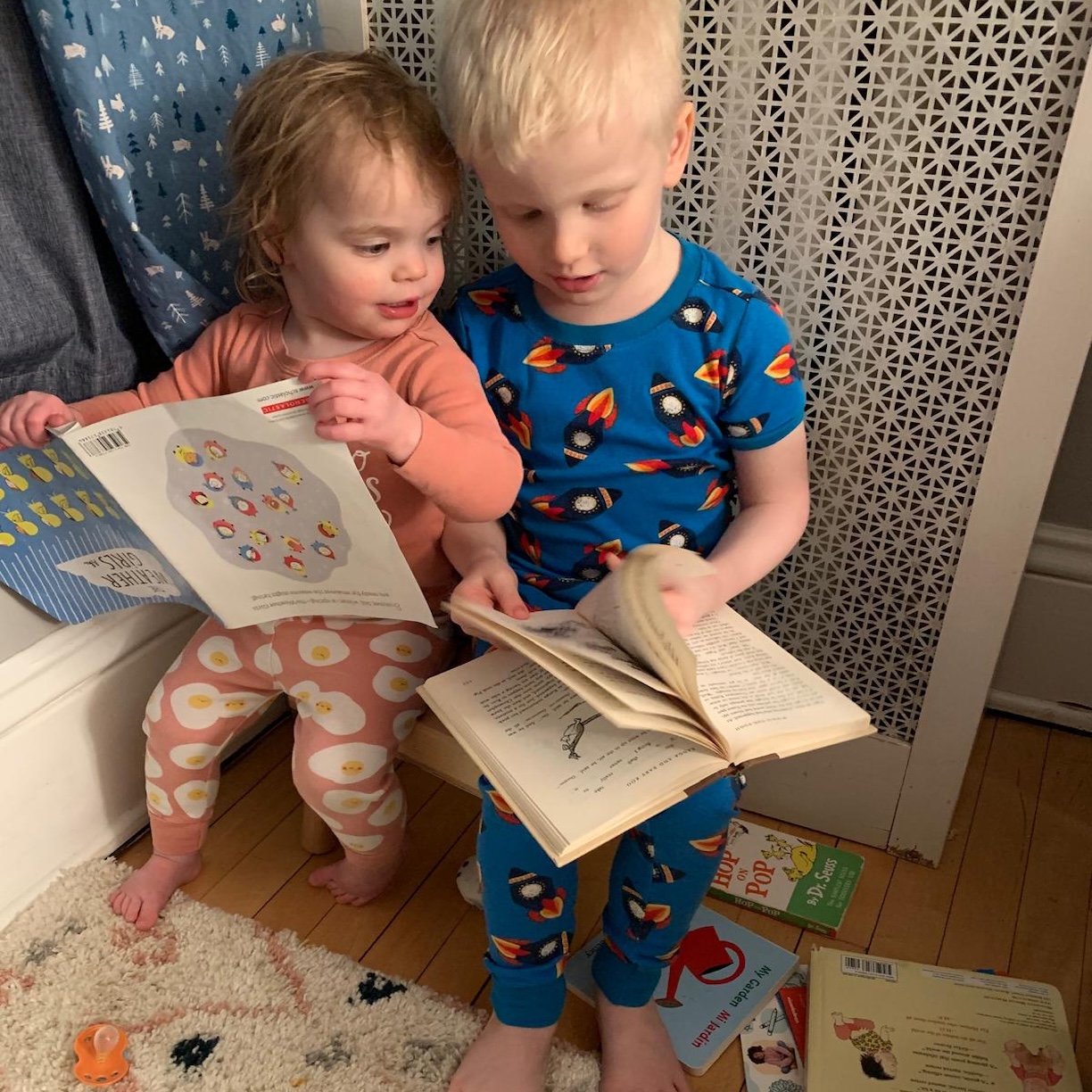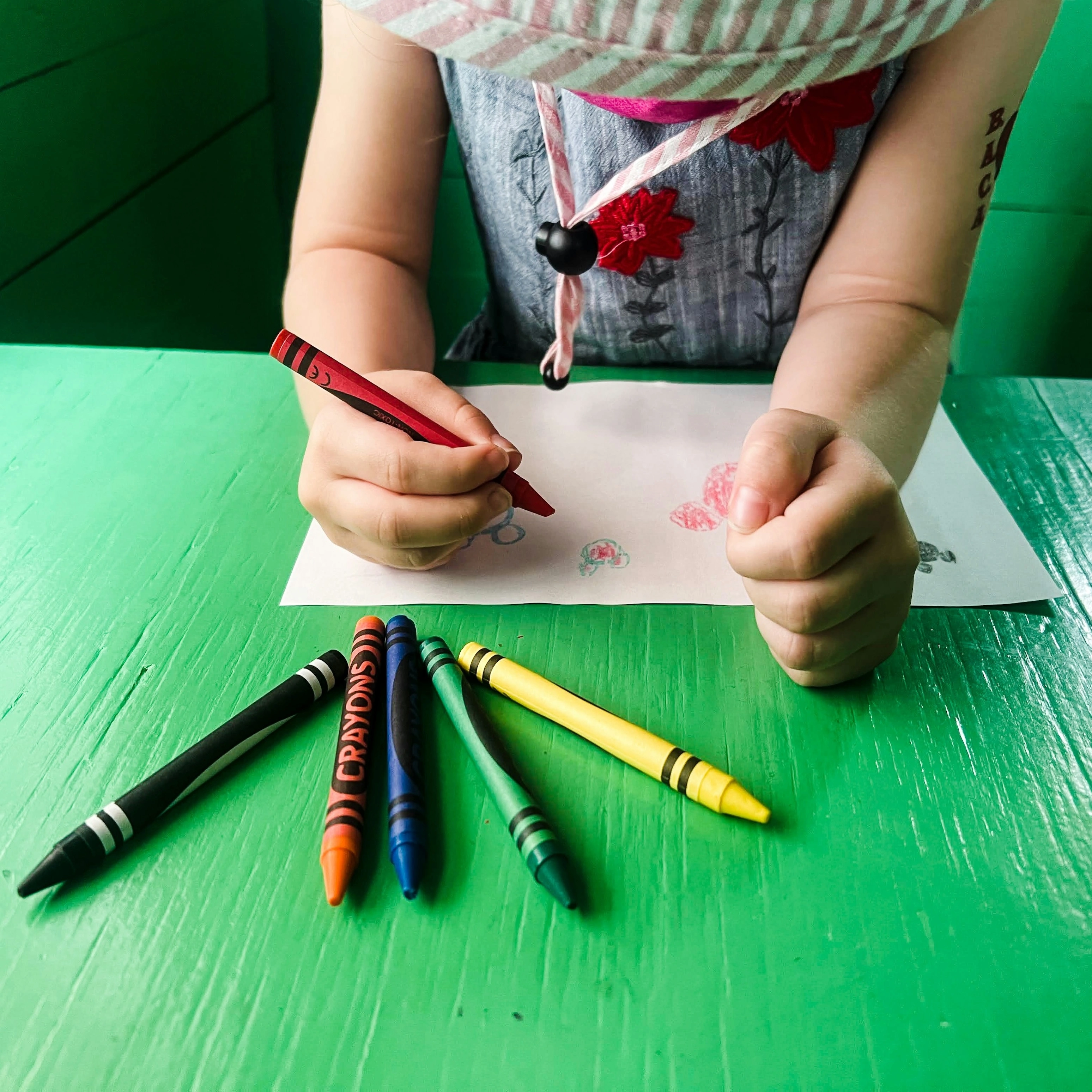


Turn screentime into storytime.

Tom and I finally finished Andor this past week. If you haven't seen it, I can't recommend it highly enough—it's one of the better shows I've ever watched, with or without a "Star Wars" qualifier.
Unrelated but equally impactful, I also recently attended the Loppet Foundation's Stories of Connection event at Theodore Wirth Park. Together, these experiences left me thinking about the profound power of storytelling to bridge divides.
For context, the Loppet Foundation is a Minneapolis-based organization headquartered at Wirth Park whose mission is to connect people through outdoor experiences that grow community. The foundation recently launched Stories of Connection, a major initiative addressing the historic disenfranchisement of the heavily BIPOC North Minneapolis community from Theodore Wirth Park. Despite bordering the Northside, the park has been used primarily by white, higher-income residents.
Through this project, the foundation is gathering stories and art from community elders and other BIPOC individuals about their connection with nature. I was fortunate to have the opportunity to read an interview with Phyllis, a storyteller and longtime Northside resident, then turn it into a children's book with her permission and input. (You can read Phyllis of the Forest here).
But back to Andor—I promise I'm going somewhere with this connection.
What struck me about this show is how it drew me into a world so familiar yet so different from my own. Whether watching an Imperial true believer introduce his girlfriend to his domineering mother or seeing a hero water his plants before a fateful mission, I found myself relating to lives and experiences that, on the surface, could not be more different from my own.
I had a similar experience reading Phyllis's memories. I've never experienced the prejudice she grew up with as a Black girl in the 1960s, but like her I did spend countless hours pretending to be a fairy and catching turtles. (Phyllis would say she IS a fairy—no pretending necessary.)
Having worked in print publishing for more than a decade—which has involved no small amount of slush pile reading—it's easy to get caught up in the idea of "good" stories versus "bad" stories. In traditional publishing circles, print content often retains the moral high ground above ebooks, podcasts, YouTube videos, TV shows, video games, and social platforms.
I'm never going to demean print books, but we must acknowledge that economic status and print book access are closely connected. Research shows that low-income children experience an average of just 25 hours of picture book reading time with an adult, compared to more than 1,000 hours for middle-income children.[1] Furthermore, 61% of low-income kids have zero books in their homes.
This research has existed for years and has often been used to highlight literacy disparities by income, a hugely relevant and important issue. What gets discussed less frequently is the social-emotional impact of reduced exposure to books and stories.
With recent PBS funding cuts[2], it's worth asking: where will quality children's content come from? Where will kids experience stories that open their eyes to other people, places, and experiences beyond their own worlds? Where can they see themselves reflected in these narratives?
At Little Digital, we've seen firsthand how digital platforms can democratize access to quality storytelling. When we help organizations create engaging digital content for families, we're not just building websites or apps—we're creating pathways for stories to reach children who might otherwise miss out on these crucial experiences.
How can we ensure stories like Phyllis's reach the kids who need them most, not just children from families with comfortable incomes, full bookshelves, and library cards?
The answer might lie in embracing storytelling across all mediums. Whether it's a beautifully illustrated picture book, an engaging podcast, an interactive digital experience, or even a thoughtfully crafted video series, stories have the power to:
Stories bring us together. They challenge us to see perspectives we might otherwise dismiss. They expose us to new worlds and ideas while helping us recognize our shared humanity.
In many ways, the medium doesn't matter—it's about the story itself and ensuring every child has access to transformative narratives that help them understand both themselves and their community.
As we navigate an increasingly digital world, perhaps the question isn't whether traditional or digital storytelling is superior, but rather: how can we use every tool at our disposal to ensure quality stories reach every child?
What stories have shaped your perspective or helped you connect with others? How do you think we can better ensure all children have access to diverse, quality storytelling experiences?
© {YEAR}. All Rights Reserved.


